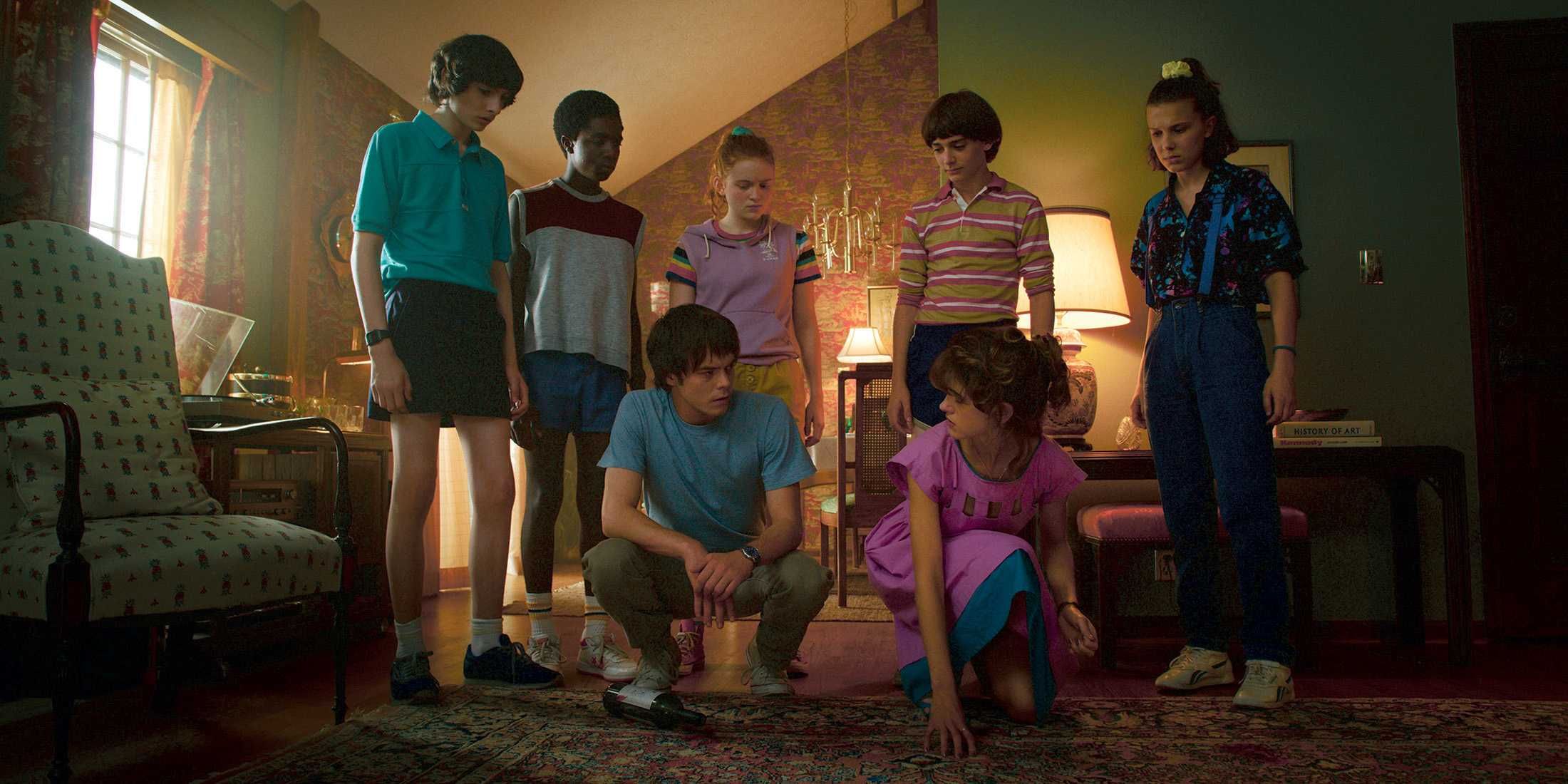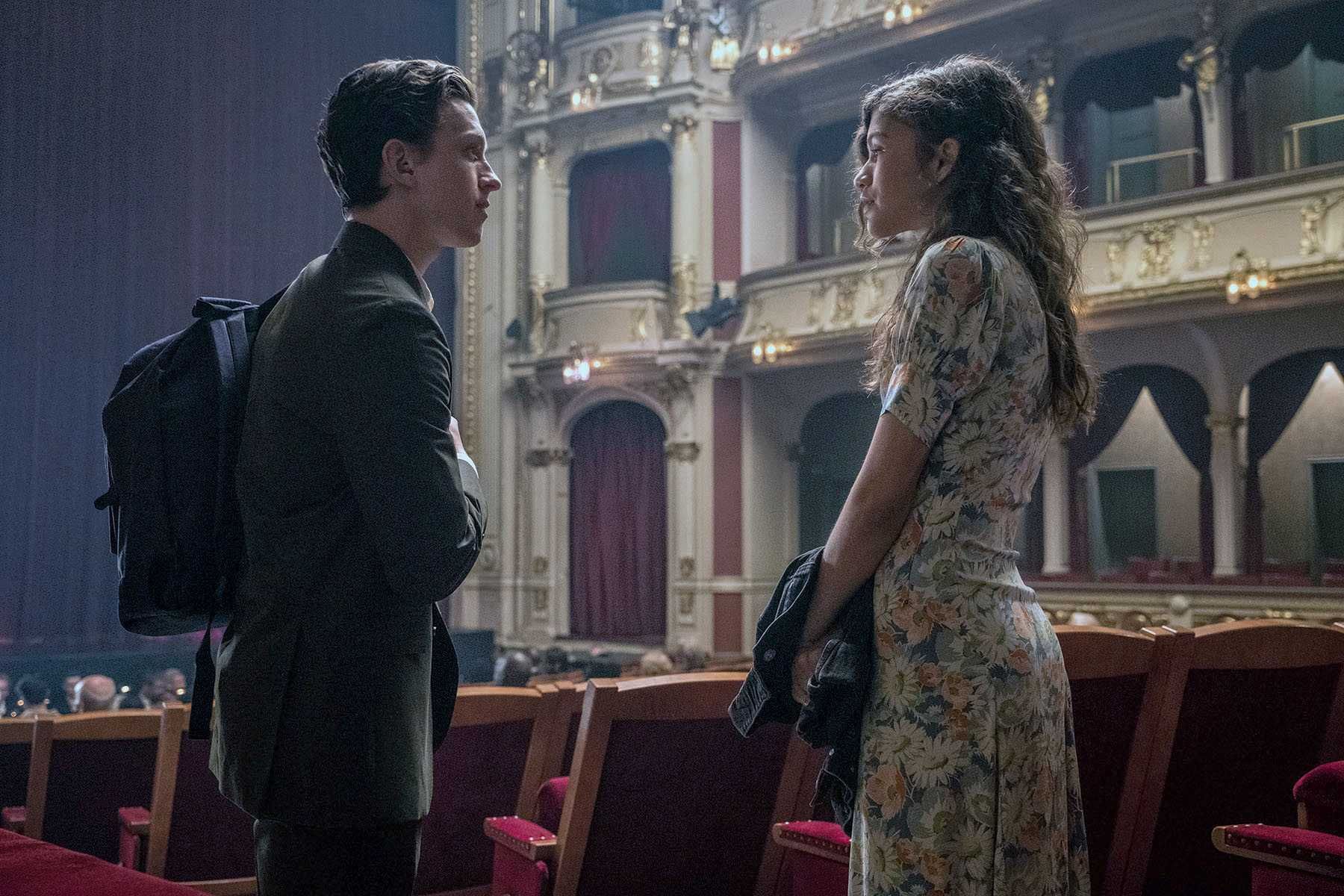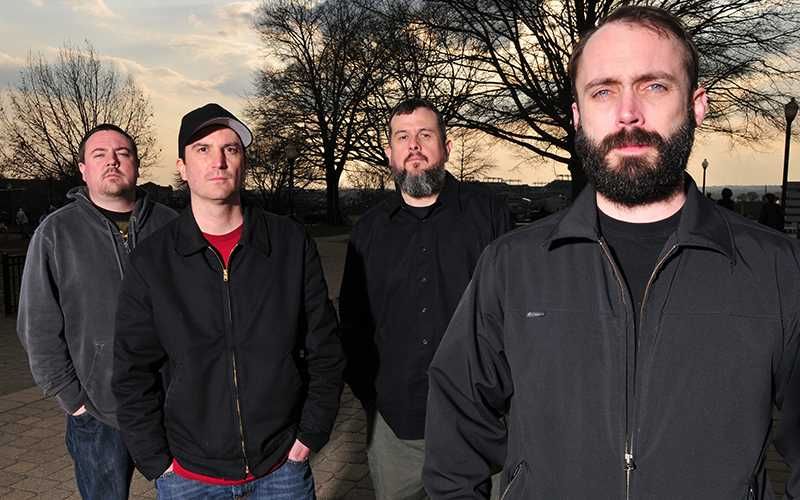Hall of Famer to bring Blackhearts to the Foellinger.
At the recent induction ceremony of the Rock & Roll Hall of Fame, both Stevie Nicks — the first woman to be inducted twice — and Janet Jackson issued a rallying cry for more women to be so recognized. While it’s been slow coming, in recent years more women have been recognized by the Hall, validation for the continued influence in a genre often known for its masculine energy.
Among those who have been so honored in the last couple of years is Joan Jett, well known for her legendary single “I Love Rock ‘n’ Roll” as well as other hits over the years. (Her single “I Hate Myself for Loving You” was adapted into the theme to Sunday Night Football for a few seasons.)
Making loud noises
But Jett’s influence began years before she and her band, the Blackhearts, hit the charts.
In her teen years, Jett was part of the Runaways, a band noted for its all-girl, raucous brand of music, a sure sign that young women in the ’70s were no longer content to stand on the sidelines while the men got all the attention.
Although Janis Joplin had come before, many women in the music industry struck a far softer pose, with singers like Carole King, Carly Simon, and Linda Ronstadt representing a new but less confrontational brand of female singers.
Jett wasn’t interested in that kind of musical persona. She knew what she wanted from the time she got her first guitar.
“I wanted to make those loud noises that I heard on the radio,” she told NPR last September about the Sears Silvertone guitar gifted to her by her parents. Unfortunately when she tried to sign up for lessons, her initial dreams were rebuffed.
“I said, ‘Teach me how to play rock n’ roll.’ He said, ‘Girls don’t play rock n’ roll.’”
That was all the inspiration Jett needed. By the late ’70s she had formed the Runaways, a band she refers to now as “her baby.” But she also learned that the world wasn’t ready for that sort of thing just yet.
Rancor from feminists
“There were people right from the … beginning that were taking shots and being very nasty,” she said. “Women were looked at, as they are, I guess, around the world, as sort of second-class citizens.”
It wasn’t just men telling the Runaways they were threatening. The band was getting it from all sides.
“When I was starting out in the Runaways, we took a lot of s— from feminists,” Jett told the British publication New Musical Express last year. “All teenage girls think about sex, but a lot of women felt we were using our sexuality. We were just acknowledging what all girls go through and took s— for it. It was very confusing. I didn’t quite get it.
“I don’t know if I call myself a feminist. Those labels don’t really feel complete to me. Everyone’s definition of feminism is different. If feminism means being equal and being able to do whatever you set your mind to, then yes. That shouldn’t be based on your gender.”
Entry into hall of fame
Her importance and influence have finally garnered appreciation outside of her own legion of fans, and in the last five years more attention has been paid to the path she helped to forge for women in rock.
In 2014, upon the induction of Nirvana into the Rock Hall, Jett was asked by the surviving members of the band to take lead vocals, filling in for the late Kurt Cobain.
Just one year later, she was inducted herself.
She has said in interviews that she doesn’t think that’s just some weird coincidence in timing. She also acknowledged that subbing for Cobain was a bit daunting.
“Being asked was such an honor, Jett said. “I didn’t wanna read into it too much and think about it too much, so I just practiced and got it together. And luckily, we had some chances to go through the song before we had to actually play it that night… I should have a certain level of anxiety, and I’m glad I wasn’t petrified, ’cause that makes it tough, too.”
She added that band member Krist Novoselic “was so funny. I think he’s the one that got me into the Hall of Fame. ’Cause he was bitching afterwards, saying, ‘Can you believe she’s not in the Hall of Fame?’ So I think they guilted ’em into it.”
For those who did not appreciate her Rock Hall induction as ascension into the realm of icon, a documentary released last year helped make that argument, according to a review in The New York Times.
“Too many people do not think of the rocker Joan Jett as an important artist,” wrote Glenn Kenny, “and I doubt Ms. Jett thinks of herself quite that way either. Bad Reputation, a documentary on her life and work directed by Kevin Kerslake (the title comes from one of Ms. Jett’s hits), convincingly makes the case that she is very much that. And that she is a feminist heroine as well.”
In her acceptance speech at the 2015 Rock Hall inductions, Jett became surprisingly emotional, acknowledging her gratitude for her career.
“I was really going to try not to cry and be tough,” she said. “Hey, Mom and Dad, did you ever think that Christmas guitar would lead to this? I come from a place where rock n’ roll means something. It means more than music, more than fashion, more than the pose. Rock n’ roll is an idea and an ideal. Sometimes, because we love the music and we make the music, we forget the political impact it has around the world.”
She also tipped her hat to the band that she founded, which launched her toward her later solo success.
“If we did nothing else but write ‘Cherry Bomb,’ it would have been great,” Jett said, “but we made some history.”
 Submit Your Event
Submit Your Event




